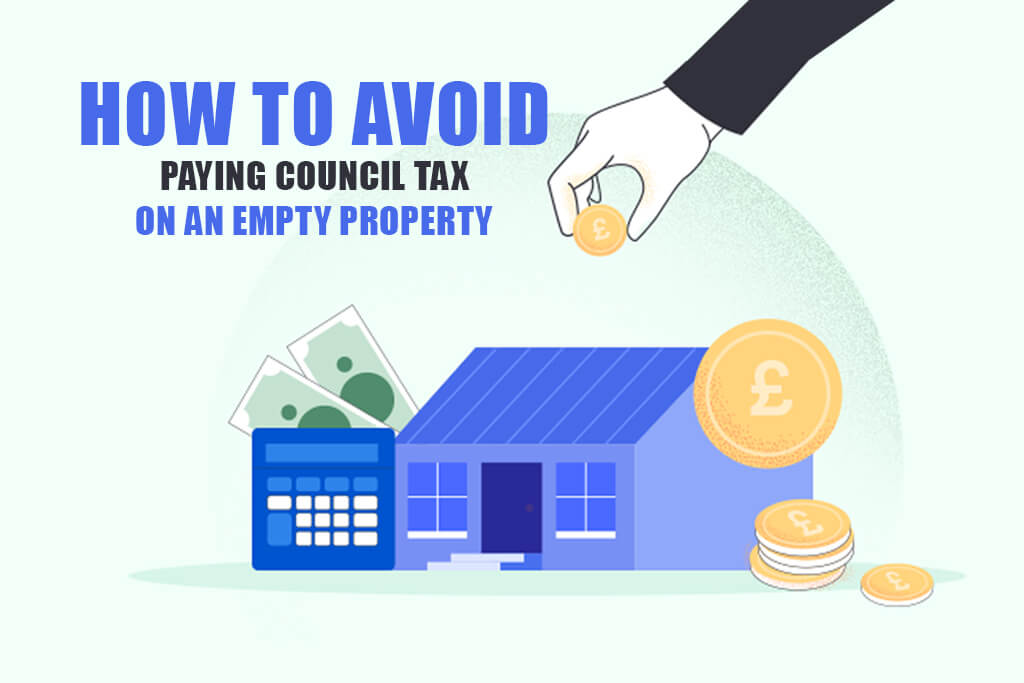Understanding Council Tax
Council tax is a local tax set by the council and applies to all residential properties. The amount depends on your property’s value, whether it’s a house for sale or an occupied residence. Generally, the more valuable your property, the higher the council tax. Even if a property is unoccupied, owners are usually required to pay council tax.
Council Tax on Empty Properties
If you own an empty property, council tax is still applicable. However, some councils offer discounts or exemptions for certain circumstances. For instance, properties that have been empty for two years or more might incur an additional charge known as an ’empty home premium.’ The exact amount varies depending on how long the property has been vacant.
Exemptions from Council Tax on Empty Properties
There are specific situations where council tax may not be charged on empty properties:
- Annex Exemption: If the empty property is an annex to another property, it may be exempt.
- Armed Forces Accommodation: Properties left empty due to the owner’s relocation to armed forces accommodation are exempt.
- Deceased Owner: If you are selling a property on behalf of a deceased owner and the property remains empty, it may be exempt.
- Care Home or Hospital: Properties left empty because the owner has moved into a care home or hospital are also exempt.
- Legal Restrictions: Homes that cannot be legally inhabited, such as derelict properties, are exempt.
- Compulsory Purchase Orders: Properties that have been compulsorily purchased and are set for demolition are exempt from council tax.
How Long Can a Property Be Left Empty?
You can leave a property empty for as long as you want, but properties that are unfurnished and empty for more than two years may incur higher charges. To avoid these additional costs, consider either selling or renting the property. This not only helps avoid extra council tax charges but also generates income.
What to Do with an Empty Property?
To avoid paying council tax on an empty property, you have a couple of options:
- Sell the Property: This is a straightforward solution if you no longer need the property. Estate agents can help you navigate the sale process efficiently.
- Rent the Property: Renting can generate income and ensure the property is occupied, potentially qualifying for discounts. Whether it’s a commercial property or a residential one, listing it for rent can be managed by the best estate agents in your area.
In conclusion, while council tax is generally payable on empty properties, various exemptions and strategies can help reduce or avoid these costs.
